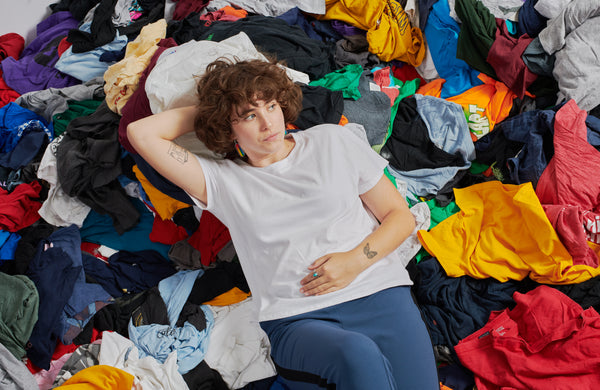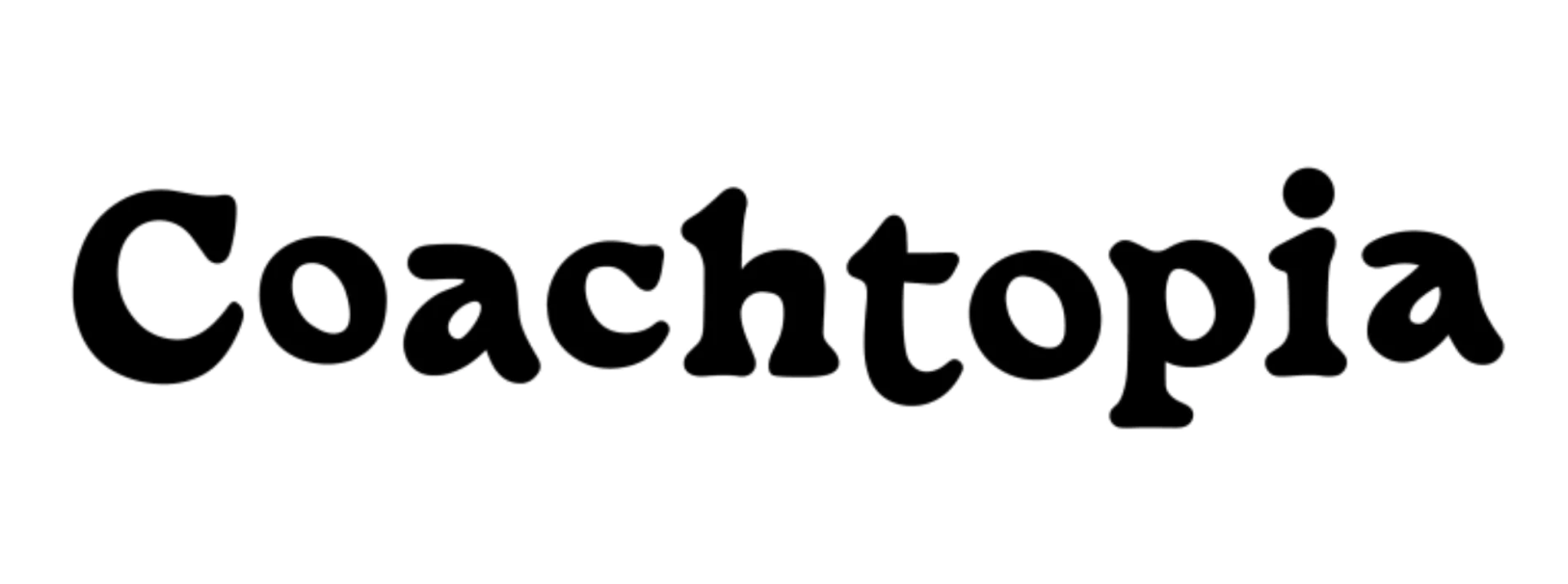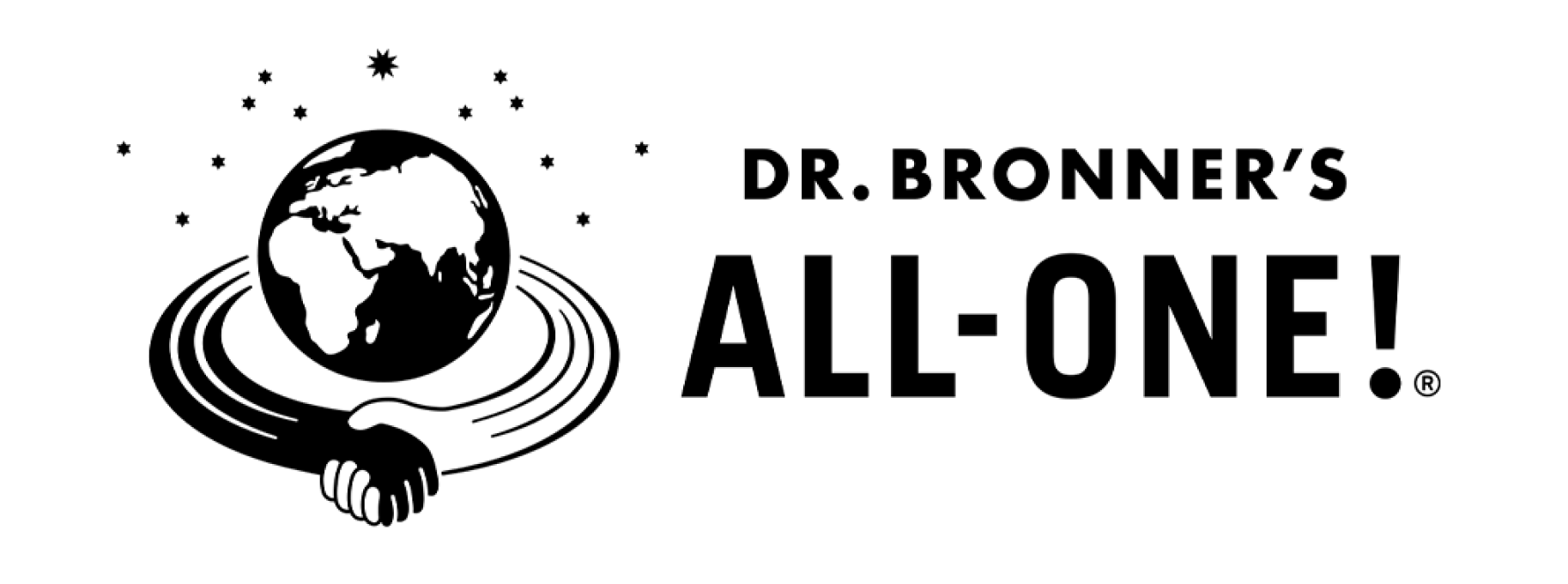 Clean the Earth"
width="auto"
height="auto"
loading="eager"
id="changeImage"
>
Clean the Earth"
width="auto"
height="auto"
loading="eager"
id="changeImage"
>
Clean the Earth
We convert 100% recycled cotton into circular apparel & sustainable textiles for the world's top brands, bands and planet-positive organizations.
Real Sustainability =
100% Recycled Cotton

Other brands blend synthetic fibers like recycled polyester (rPET) from plastic soda bottles and call it eco-friendly.
These poly-cotton blends fill our oceans (and bodies) with toxic microplastic pollution.
Our biodegradable, recycled cotton textiles are safe, circular & truly sustainable.
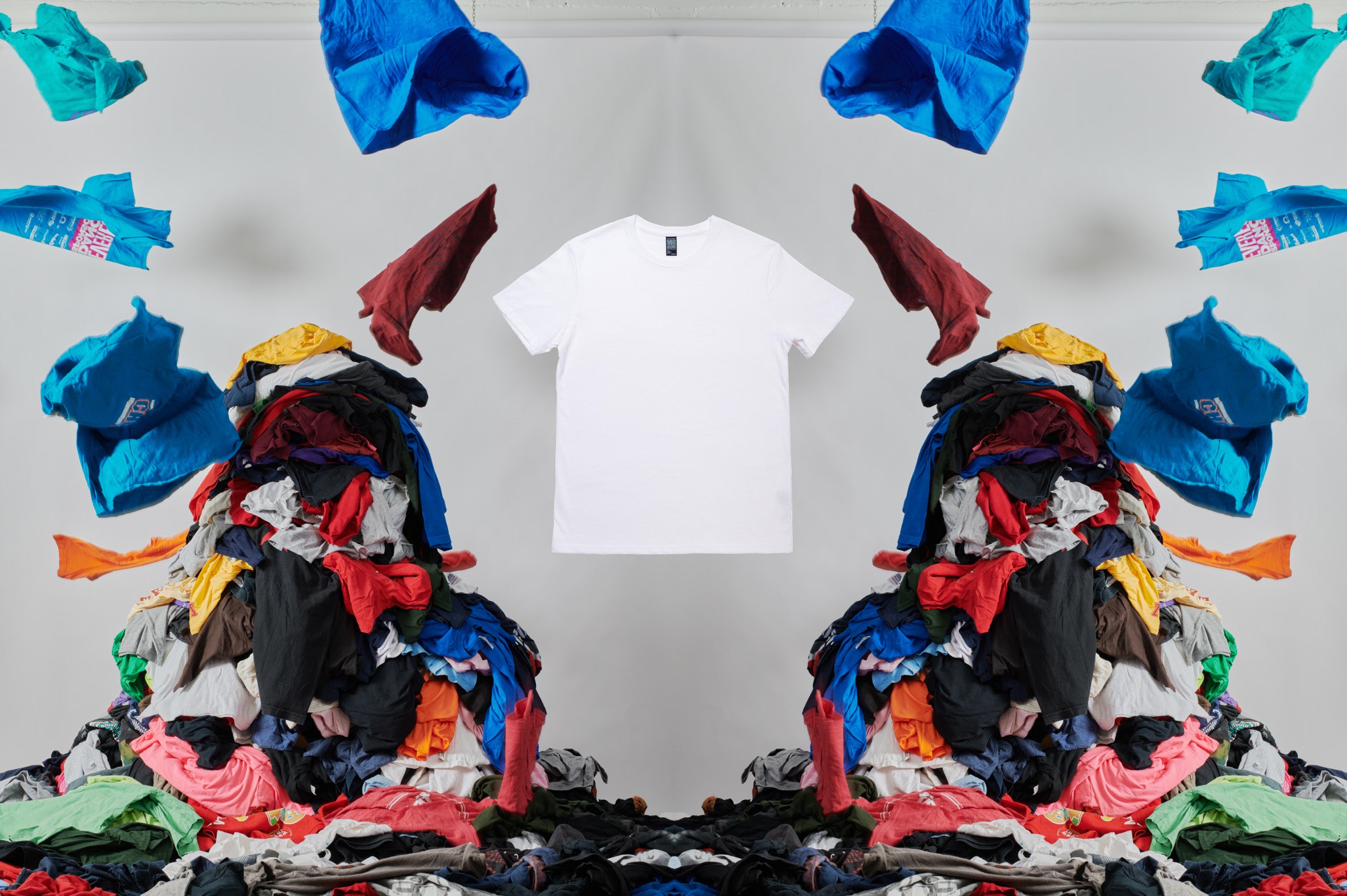
Wholesale blanks - In stock, ready for customization
Everywhere's bulk plain t-shirts, crewnecks, and hoodies offer the most environmentally friendly way to produce branded and promotional products.
Our circular blanks are perfect for eco-friendly screen printing, direct-to-garment & embroidery.
Every shirt we sell is easily recycled with a QR-code scan of the tear-off neck tag or inner label.
Shop our Circular Basics
Our 100% recycled cotton unisex t-shirts, hoodies, and sweatshirts are soft, comfortable and made in Los Angeles.
Our climate-neutral certified basics have the lowest environmental impact in the industry.
Recycle your clothes at end-of-use with our free recycling mailer (just scan the QR code).
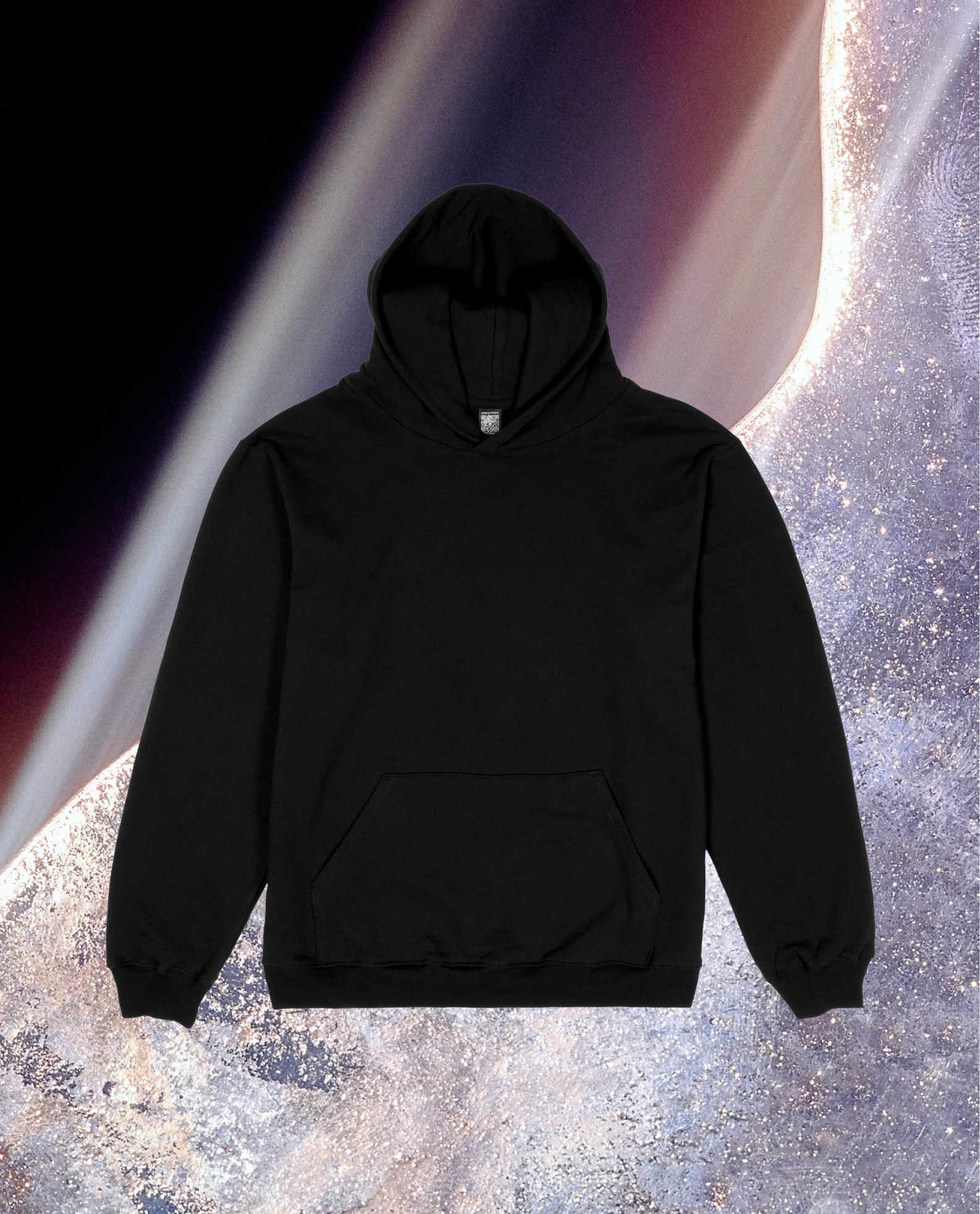

'Everywhere's recycled T-Shirt in Grey is the best plain tee I've ever owned'


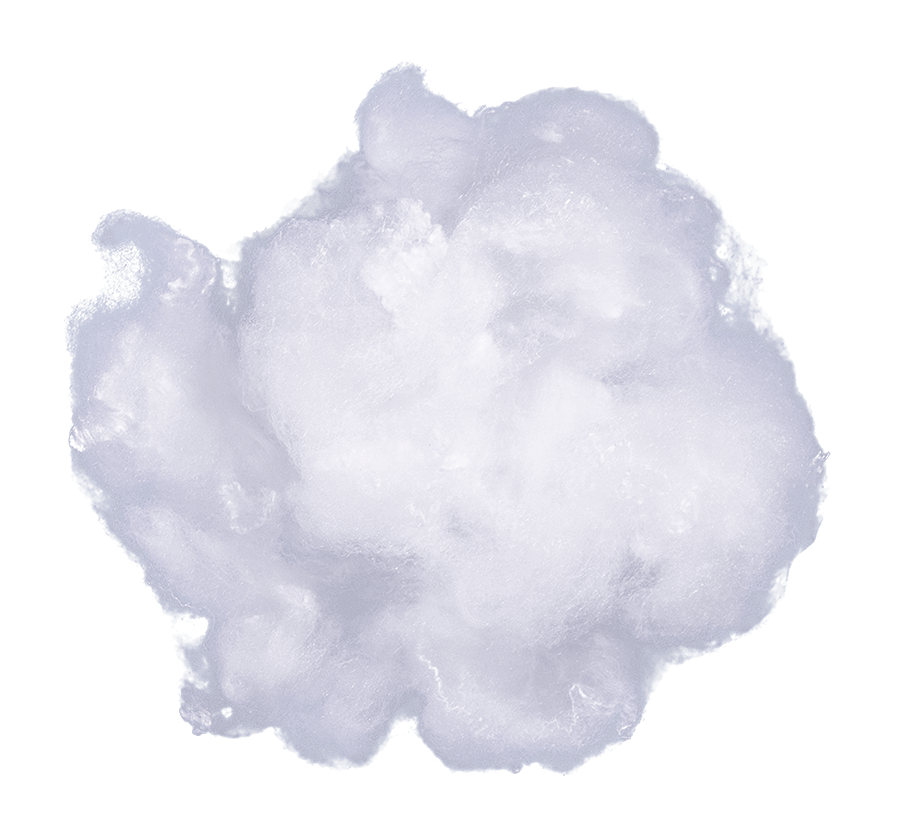


Circularity as a Service
We facilitate enterprise-scale textile recycling solutions to support companies at any stage of their circularity journey.
Everywhere offers our QR & NFC connected product data cloud to attach storytelling, ESG data, and end-of-use logistics to any SKU.
This software powers transparent circularity on every shirt we sell and can do the same for any item in your inventory. (Please inquire about our corporate beta)


 shirts to
shirts to

Equivalent of years of drinking water for one person

Prevents the release of lbs of atmospheric carbon

Equivalent of bananas for scale 🍌
